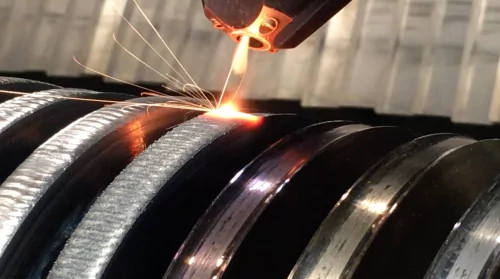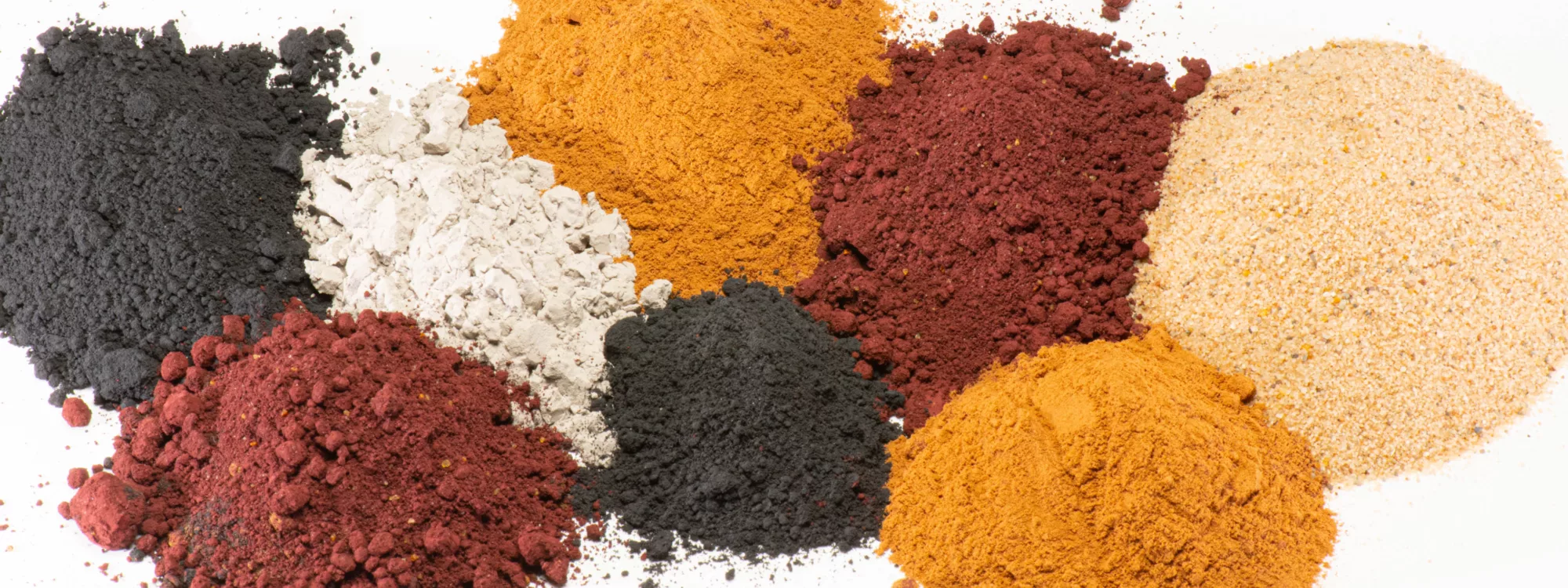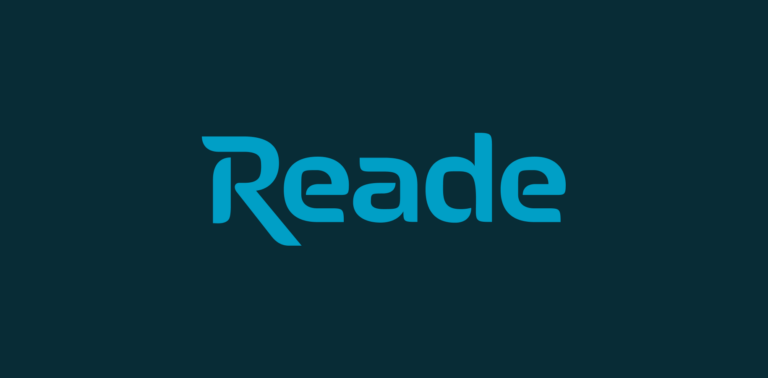2020 Industry Insights

2020 was a turbulent year for all industries, and the advanced materials industry was no exception. Many businesses have had to significantly alter their day-to-day operations to accommodate new COVID-19 regulations, sometimes going as far as to adapt entirely new business models to keep up with the transforming landscape. In order to understand how our customers, suppliers and transportation specialists have been affected by this pandemic, we spoke to a select few to get their insights on how their business is going, what has helped them find success, and what changes they think are here to stay.
EVOLVING TO SURVIVE
Although many businesses in the advanced materials industry have seen demand shrink among some customer segments, their products have maintained or even increased in popularity among other segments. Chris Adam, President of Valimet, a supplier of aluminum powder, said his business has been able to ensure full employment of their team members due to their “diverse customer base that continued to purchase products to fulfill their order requirements.”
Jim Panigall, COO of WCM Inc., a medical waste business specializing in the disposal of sharps and a client of READE, said though there was a loss of business during the shutdown, they’ve managed to adapt by marketing to new customers, such as schools. Panigall said “we expect that area to grow more because not all schools are open.” By replacing lost business with this new customer segment, WasteWise® has set themselves up to grow even further once the public health crisis begins to normalize.
Moving forward into 2021 and beyond, businesses should look towards Valimet and WasteWise as models and diversify their customer segments. Moving into new markets is a slow and difficult process but doing so will protect a business from any potential catastrophes that may befall one particular industry.
Some segments of the advanced materials industry may not need to diversify their client portfolio because they have pandemic protection built into the fabric of their product. Advanced material and chemical transportation is one of these segments. Clint Stockton of Eagle Rock Freight said even in the pandemic, his business hasn’t shrunk. In fact, demand has only grown as customers continue to run into logistical issues with other modes of transportation.
Stockton told us his company has “bulked up our “truck locators” and dispatch team to meet this demand and make sure we are utilizing the most effective industry technology to match our customer’s freight with the best truck possible. Competition that’s failing to do so or trying to play by 2019 rules are probably quite frustrated.”
Training employees and maintaining a high level of product quality has also been complicated by social distancing and other necessary COVID-19 guidelines. Manufacturing has found a way to adapt by digitizing its training services. Jeff Stevens of Polaris MEP, a Rhode Island based manufacturing training provider, lamented the loss of access to their office space, but cited ways in which their new practices have actually helped their ability to train.
Stevens said, “We have not occupied our Providence office since March, so the main change has been the personal interaction that often serves as the lubricant for process operation. Going virtual has been very helpful for us in that we are able to enjoy a higher face-time to travel-time ratio. We have also found performing internal audits to be more efficient because of the ability for a client to share documents more rapidly.”
Everyone we spoke with made clear their business has had to change rapidly in order to staunch any loss they may incur. In doing so, our clients, suppliers and transportation specialists have found some important elements for successfully surviving any challenge.
KEYS FOR SUCCESSFULLY ADAPTING TO COVID-19
Though the pandemic has been a rapidly evolving situation, and regulation around it seems to change daily, many of the businesses in our industry have been able to adapt to the new restrictions of COVID-19 by doing what they do best: leaning into their values.
Valimet is located in California, which is already one of the most restrictive states in the U.S. in regard to Government regulations. Adam said his team “has become accustomed to navigating an ever-changing landscape of new regulations and employment standards and therefore can quickly adapt when new laws are implemented.”
For his company, creativity has enabled them to ensure social distancing while keeping up their integrity. “As a critical supplier to the military and aerospace industries, it was vital we were able to maintain the health and safety of our employees to keep the operation running.”
Like most of us in this pandemic, Eagle Rock Freight has relied on its family values, making business decisions with compassion for their employees in mind. Clint Stockton told us, “now more than ever we really had to embrace that idea and really make some hard decisions that may not pad the bottom line but were in the best interest of our employees and their families. Its really brought us all closer though and I believe we have created some “lifers” now who will be with us for the long haul.”
Jeff Stevens of Polaris MEP said agility is what has carried his team through the year. Their ability to quickly adopt new technologies has allowed them to continue to help manufacturers in Rhode Island with materials sources, training, and more. Stevens told us, “We have become much more adept at using our Customer Relationship Management system so information is more readily available for Marketing to identify target business segments with appropriate products, for Project Managers to generate proposals, and Operations to track performance.”
One of the most important things to remember though is each one of us is in this pandemic together. Partnerships are more important now than ever before. And if businesses can partner to help facilitate safely administering vaccines, then even better. It’s this spirit of cooperation that is helping to sustain WasteWise. Jim Panigall told us his company is working towards partnering with sharps companies to package the needle and safe disposal system together, making vaccines much safer and more accessible.
A pandemic level event truly tests the mettle of a business, but if it is built around strong core values, then that business will be able to weather any storm. We’re proud of the strength our clients and partners have shown in surviving this pandemic.
IMPLICATIONS FOR THE FUTURE
Many of the changes we’ve all implemented won’t be going away once the COVID-19 vaccine becomes widespread. A majority of these changes are here to stay for the foreseeable future. Stockton of Eagle Rock Freight said there will be a continued emphasis on handwashing and personal hygiene practices in the workplace. The technology he purchased for better tracking of customer shipments is an investment that will continue to provide accurate arrival times for years to come.
Social distancing was another aspect of COVID-19 that Adam of Valimet said he could see continuing well beyond the pandemic. “It also helps improve productivity as fewer workers congregate at one time,” he said. Adam also said that the adoption of new technologies will only increase the development of even more productive technologies in the coming years.
Stevens of Polaris MEP echoes the importance of new technologies in their business practices moving forward. For his business specifically, he said the project management platform they integrated into their business practices will play a much more important role in the years to come.
But it was Panigall of WCM who summed it up best when he said the “greatest unintended outcome of COVID-19 is the mindset of adaptability. Everything is situational and you have to be ready. This has forced people to look at their processes, evaluate them and ask, do we have to do things this way?”
CLOSING THOUGHTS
2020 was a year of transformation. With multiple vaccines being administered around the globe, there is finally an end to this global health crisis in sight. Our leadership has been tried, our teamwork tested, our ingenuity measured; the advanced materials industry has risen to each new challenge and conquered it.
These lessons we have collectively learned in regard to new technologies, new partnerships, and leaning into our values as brands will stick with us for years to come, inevitably making our businesses stronger in the long haul. There’s still a ways to go, but as long as we continue to raise each other up in any way that we can, we know we’ll make it through together.
ABOUT READE
As a Women Led Service-Disabled Veteran-Owned Small Business, READE supplies specialty chemical solids for nearly every industry. READE combines their roots in chemistry dating back to 1873 with supply chain expertise and customer service innovation to enable our customers to meet the needs of their manufacturing demands. With an extensive inorganic product line, READE represents over 2,000 manufacturers as a global distributor, value-added toll processor and packager.
CONTACT
Director of Marketing
Elisabeth Law, +1-401-433-7000
Elaw@reade.com


